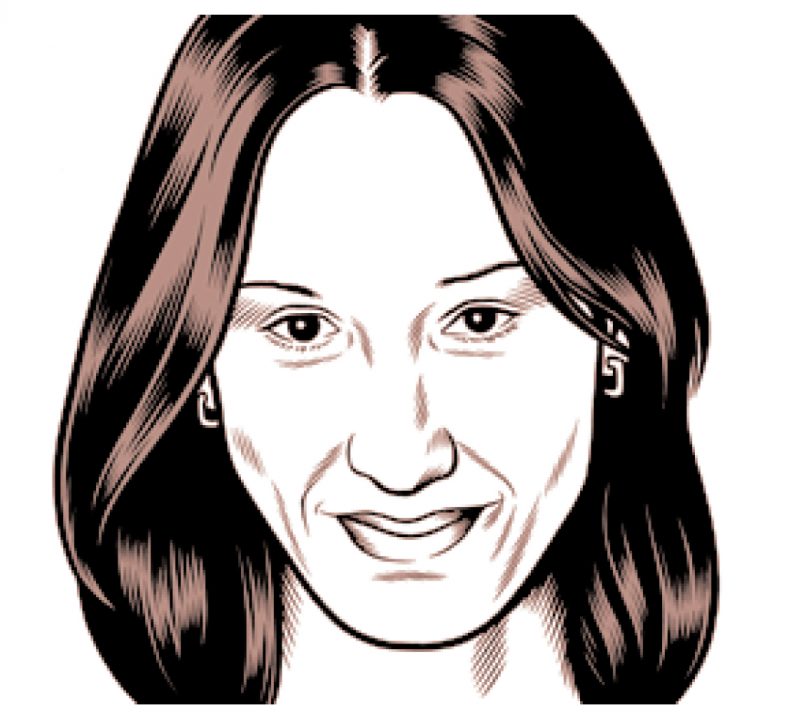When Monica Ali’s novel Brick Lane was published in 2003 to rapturous acclaim, commercial success, and many prize short-listings, it was possible for an ex-Londoner living in Berkeley to think the book sounded interesting, certainly, but also as though it was the right book at the right time. Here was a novel that, in its account of a Bangladeshi woman plucked from her village for an arranged marriage with an older man living in London’s East End, explored issues both timeless and timely: immigrants’ dislocation, the clashing of modern and traditional cultures and of secular and religious communities, and in particular the appeal of radical Islamist rhetoric for disaffected young Muslims living in an economically blighted part of the city.
When I read the novel itself, I (the ex-Londoner) was astonished by what an all-encompassing, imagination-absorbing, don’t-bother-me-I’m-reading experience it was. Falling into the fictional world Ali created in its pages was the best kind of falling: the textures of the places she described and the voices of the people she populated them with were vivid, human, true. The moment I was actually reading I ceased to think of Brick Lane as a novel that was making any sort of point about London, or Islamicism, or Muslim traditions, or Western society; I was simply reading a story of a group of characters who were by turns comical, pathetic, canny, rebellious, self-deluding, well-intentioned, angry, affectionate, resigned. There were, it seemed to me, touches of Naipaul’s Biswas in the portrait of Chanu, the paunchy, self-important husband, and various critics likened Ali to Jane Austen in her ability to create a social world out of whole cloth. But the creation of Nazneen, whose sensibility shapes the novel, is Ali’s particular triumph. Ali draws a brilliantly subtle, empathetic portrait of a woman who sometimes knows more than she has room to know in her contained life, and who ventures beyond the constraints placed on her to become the complicated, admirable woman she is by the novel’s end.
When I spoke with Monica Ali in London last autumn, it was toward the end of her tour for her second novel, Alentejo Blue. If Ali was under any pressure to replicate or produce a sequel to Brick Lane in her second book, this is nowhere evident; Alentejo Blue is different in most notable respects from Ali’s debut. The novel, which comes out in paperback next month, is set in the Alentejo region of Portugal (where Ali and her husband and children spend several months a year, most school holidays and summers), and is made up of stories of various characters who live in a small village...
You have reached your article limit
Sign up for a digital subscription and continue reading all new issues, plus our entire archives, for just $1.50/month.
Already a subscriber? Sign in





